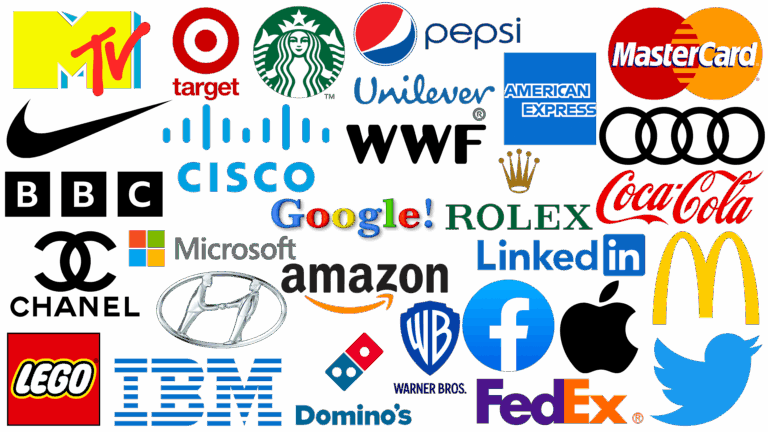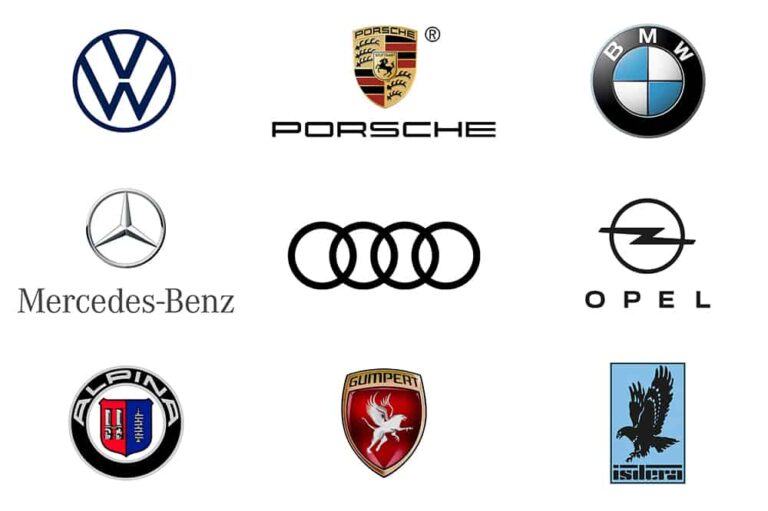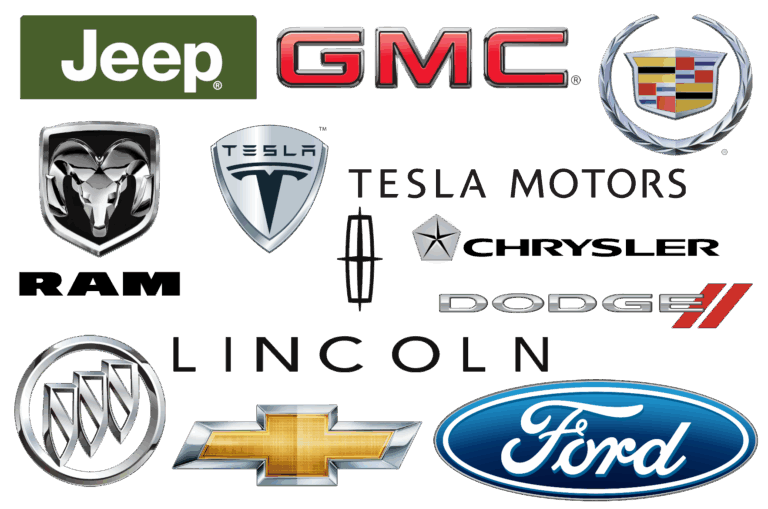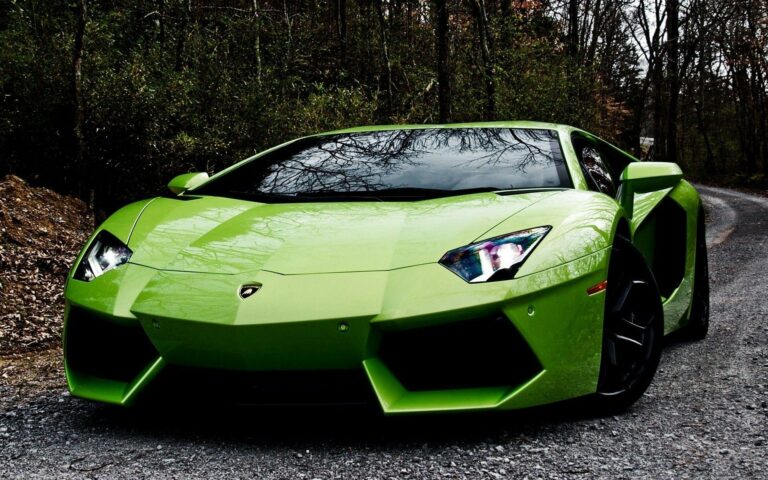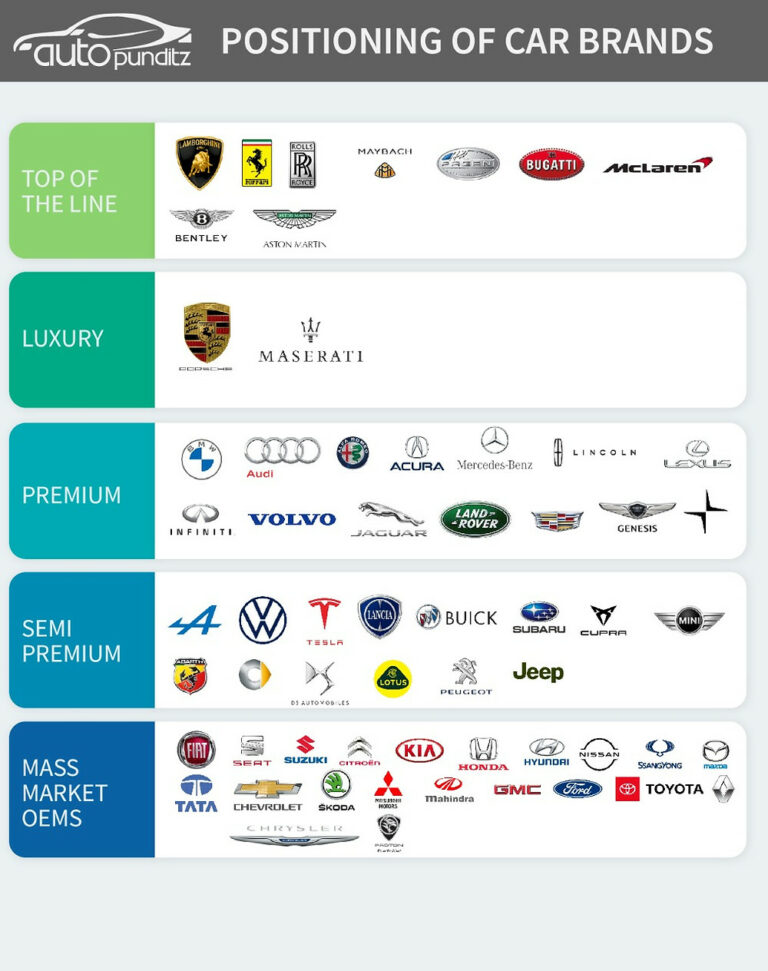What Brand Of Car Is A Mini Cooper: Unpacking the Iconic Marque
What Brand Of Car Is A Mini Cooper: Unpacking the Iconic Marque cars.truckstrend.com
The Mini Cooper is an automotive icon, instantly recognizable for its distinctive styling, spirited performance, and a unique charm that transcends generations. From bustling city streets to winding country roads, it embodies a sense of fun and individuality. However, a common question often arises, particularly among those new to the automotive world: "What brand of car is a Mini Cooper?" Is "Mini Cooper" the brand itself, or is it a specific model within a larger automotive family? This article aims to definitively answer that question, delving into the rich history, ownership, and engineering prowess behind one of the most beloved cars on the planet. Understanding its true brand identity is key to appreciating its heritage and the meticulous craftsmanship that goes into every vehicle.
The Iconic Identity: Is Mini Cooper a Brand or a Model?
What Brand Of Car Is A Mini Cooper: Unpacking the Iconic Marque
To set the record straight from the outset: Mini is the brand, and Cooper is a specific, performance-oriented model variant or trim level within the Mini lineup.
Think of it this way: Just as "Mustang" is a model within the Ford brand, or "911" is a model within the Porsche brand, "Cooper" denotes a particular specification of a Mini car. The original Mini, conceived by Sir Alec Issigonis in 1959, was simply known as the Mini. The "Cooper" designation came about thanks to the legendary racing car designer John Cooper, who saw the Mini’s potential for motorsport. He collaborated with the Mini’s creators to produce hotter, more powerful versions, leading to the birth of the Mini Cooper and Mini Cooper S models in the early 1960s. These models cemented Mini’s reputation for agile handling and surprising speed, forever linking the "Cooper" name with performance within the Mini family.
Over the decades, as the Mini evolved from a single, revolutionary compact car into a diverse range of vehicles, the "Cooper" moniker became synonymous with the standard or sportier engine options and trim levels available across various Mini models. Today, you can find a Mini Cooper Hardtop, a Mini Cooper Convertible, a Mini Cooper Countryman, and so forth. Each of these is a Mini-brand car, with "Cooper" indicating a specific engine or performance package.
From British Icon to German Engineering: The History of Mini’s Ownership
The journey of the Mini brand is a fascinating tale of shifting ownership, technological evolution, and a remarkable rebirth. Its brand identity today is intrinsically linked to its parent company.
The British Motor Corporation (BMC) Era (1959-1968) and Beyond
The original Mini was a product of the British Motor Corporation (BMC), born out of a fuel crisis and designed to be an economical, space-efficient vehicle. Its revolutionary transverse engine layout and front-wheel drive system maximized interior space, making it a surprisingly roomy car for its diminutive footprint. Over the years, BMC underwent various mergers and acquisitions, becoming part of British Motor Holdings (BMH) and then the vast, often troubled, British Leyland (BL) conglomerate in 1968. Throughout these changes, the Mini continued to be produced, becoming a cultural phenomenon and a symbol of British ingenuity.
The Rover Group Era (1986-1994)
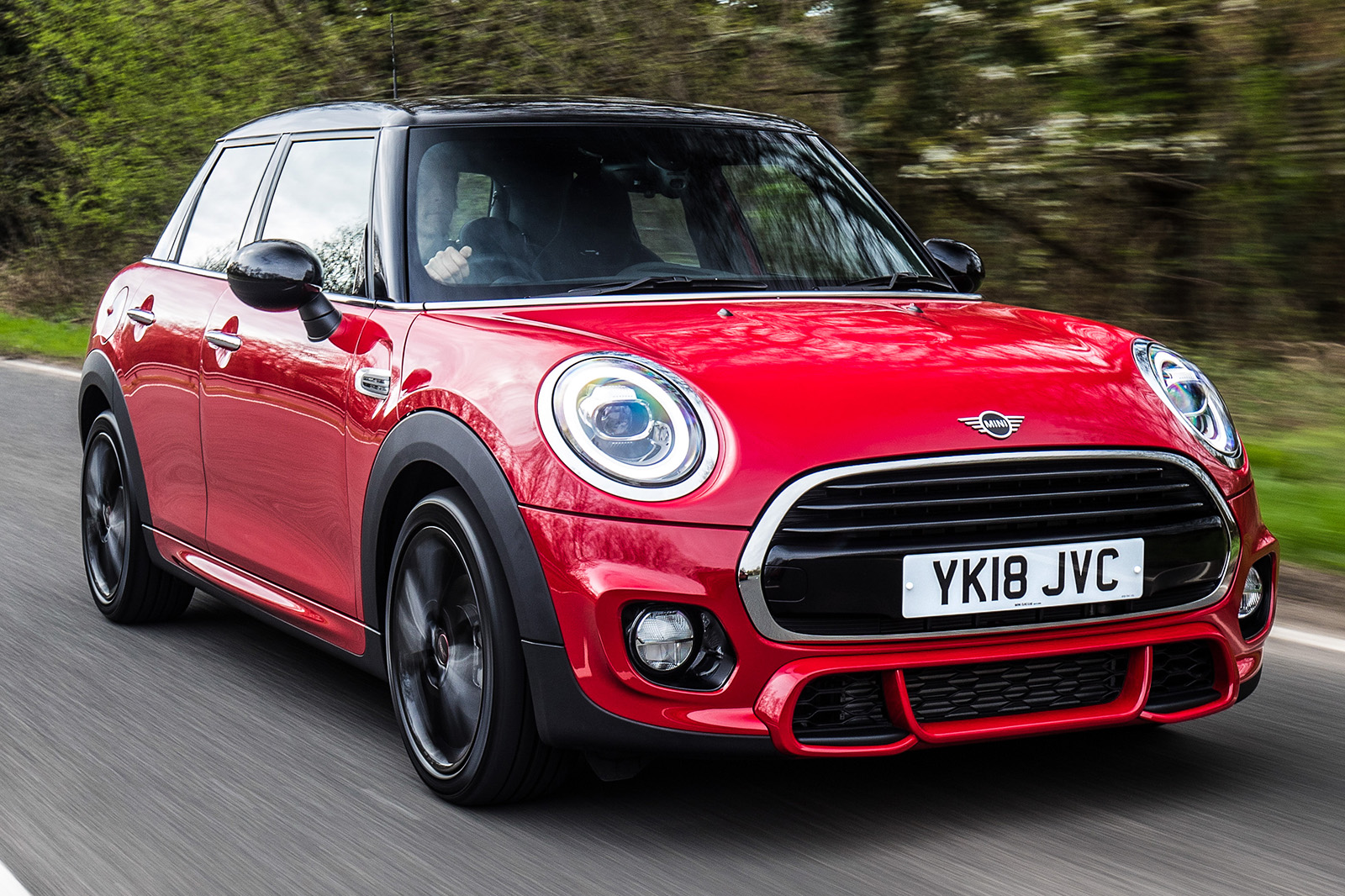
By the mid-1980s, British Leyland had been reformed into the Rover Group, and the Mini, though still in production, was an aging design. It maintained a niche following and was still beloved, but its future seemed uncertain in a rapidly modernizing automotive landscape. Production continued, often with special editions to keep interest alive, but a significant overhaul was needed.
The BMW Acquisition (1994-Present)
The pivotal moment for the Mini brand came in 1994 when the German automotive giant, BMW, acquired the Rover Group. BMW’s primary interest lay in Rover’s Land Rover division and the potential synergies. However, during the acquisition, BMW also inherited the Mini brand. While BMW eventually divested most of the Rover Group assets in 2000 due to financial difficulties, they made a strategic decision to retain the Mini brand.
This decision was a masterstroke. BMW recognized the Mini’s immense global appeal, its unique brand identity, and its potential to be reinvented as a premium small car. Instead of letting the iconic name fade away, BMW invested heavily in developing a completely new generation of Mini, built from the ground up with modern engineering, safety, and comfort standards, while meticulously preserving the essence of the original’s design and "go-kart" driving feel.
The Rebirth: The "New MINI" (2001-Present)

The first "New MINI" under BMW ownership rolled off the production line in 2001. It was an instant success, capturing the hearts of old fans and new buyers alike. BMW’s vision was to position Mini as a premium small car brand, distinct from its own luxury BMW line, but sharing its commitment to driving pleasure, quality, and innovative design. This rebirth was a testament to BMW’s foresight and dedication to nurturing the Mini’s unique character.
The BMW Influence: What It Means for the Mini Cooper
BMW’s ownership has profoundly shaped the modern Mini Cooper, transforming it into a sophisticated, high-quality vehicle that still embodies its playful spirit.
- Engineering Excellence and Quality: BMW’s reputation for precision engineering, robust powertrains, and high-quality materials directly benefits the Mini. Modern Mini Coopers boast advanced chassis technology, refined engines, and excellent build quality, a significant upgrade from their predecessors.
- Shared Platforms and Components: While Mini maintains its distinct identity, it leverages BMW’s global parts bin and modular architectures. For instance, many Mini models are built on BMW’s UKL1/UKL2 front-wheel-drive platform, shared with certain BMW 1-Series and 2-Series models. Engines like the efficient B38 1.5-liter three-cylinder and the potent B48 2.0-liter four-cylinder are shared with BMW models, ensuring reliability and performance. Even the infotainment system, Mini Connected, is derived from BMW’s acclaimed iDrive system, offering intuitive controls and connectivity.
- Driving Dynamics: The "Go-Kart" Feel: One of the most cherished characteristics of the Mini is its "go-kart" handling. BMW has meticulously engineered the modern Mini to retain and enhance this agile, direct steering feel. The low center of gravity, short wheelbase, and stiff chassis contribute to an exceptionally engaging driving experience that few competitors can match.
- Premium Positioning: Under BMW, Mini has evolved into a premium compact brand. The interiors are well-appointed, featuring high-quality plastics, leather options, and unique design elements. This premium positioning, however, also means a higher price point compared to some mass-market small cars.
- Manufacturing Prowess: The majority of Mini vehicles are manufactured at BMW Group Plant Oxford in the United Kingdom, maintaining a link to its British heritage. Additional production takes place at VDL Nedcar in the Netherlands and Magna Steyr in Austria (for the Countryman).

Understanding the Mini Lineup: Beyond the "Cooper" Name
As established, "Cooper" is a performance designation. The Mini brand offers a diverse range of body styles to cater to different needs and preferences:
- Mini Hardtop (3-door and 5-door): This is the quintessential Mini, directly inheriting the spirit of the original. The 3-door is the most iconic, while the 5-door offers more practicality with extra rear passenger space and doors.
- Mini Convertible: The open-air version of the Hardtop, offering top-down driving fun.
- Mini Clubman: A unique take on a compact wagon, featuring split rear "barn doors" and more cargo space, blending practicality with distinctive Mini styling.
- Mini Countryman: Mini’s entry into the compact SUV segment. It’s the largest Mini model, offering more ground clearance, optional ALL4 all-wheel drive, and significantly more interior space and versatility, making it suitable for families or those needing more utility.
- Mini Electric (Cooper SE): Mini’s fully electric vehicle, based on the Hardtop 3-door, offering zero-emission driving with the characteristic Mini agility.
- John Cooper Works (JCW): These are the high-performance variants across various Mini models. JCW models feature more powerful engines, sport-tuned suspensions, larger brakes, and aggressive styling cues, delivering the ultimate "go-kart" experience.
Why Choose a Mini Cooper? Practical Advice and Considerations
Choosing a Mini Cooper is often a decision based on emotion and style as much as practicality. Here’s what to consider:
Benefits of Owning a Mini Cooper:
- Unrivaled Driving Fun: The "go-kart" handling is legendary. Minis are incredibly engaging to drive, especially on winding roads.
- Distinctive Style: Mini’s retro-modern design stands out in a sea of generic cars. Its iconic looks are timeless.
- Premium Interior: Despite their compact size, Minis offer surprisingly upscale interiors with quality materials, unique toggle switches, and customizable ambient lighting.
- Customization Options: Mini offers an extensive range of personalization options, from roof graphics and mirror caps to interior trim and wheel designs, allowing owners to truly make their car unique.
- Surprisingly Practical (for some models): While the Hardtop is small, the 5-door Hardtop, Clubman, and especially the Countryman offer decent passenger and cargo space for their respective segments.
- Strong Resale Value: Mini Coopers tend to hold their value well due to their desirability and premium positioning.
Important Considerations and Potential Challenges:
- Price Point: Minis are premium cars, and their starting MSRPs can be higher than many mass-market competitors of similar size. Options can quickly drive up the price.
- Ride Comfort (Subjective): The sporty suspension, especially on JCW models or those with larger wheels and run-flat tires, can result in a firmer ride that some may find less comfortable on rough roads.
- Cargo Space (Hardtop): The 3-door and Convertible models have limited trunk space, which might be a concern for frequent travelers or those with families.
- Maintenance Costs: As a BMW-owned brand, Mini parts and labor costs can be higher than those for non-premium brands. Regular maintenance is crucial.
- Premium Fuel: Most Mini Cooper models, especially the "S" and JCW variants, recommend or require premium unleaded fuel.
Practical Advice for Buyers and Owners:
- Test Drive Multiple Models: Don’t just assume you want a Hardtop. Drive a 3-door, 5-door, Countryman, or Clubman to see which body style best fits your lifestyle.
- Consider "S" or JCW for Performance: If the "go-kart" feel is paramount, opt for the Cooper S or JCW variants for their more powerful engines and sportier dynamics.
- New vs. Used: Used Minis can offer excellent value, but ensure you get a pre-purchase inspection and check service records.
- Explore Customization: Spend time with the configurator or your dealer to truly personalize your Mini. It’s a big part of the ownership experience.
- Understand Maintenance Schedule: Stick to the recommended service intervals and be prepared for potentially higher maintenance costs than a mainstream car. Find a reputable independent Mini specialist if you prefer alternatives to dealership servicing.
- Join Owner Communities: Mini owners are passionate. Joining local clubs or online forums can provide valuable tips, support, and a sense of camaraderie.
Price Table: Mini Cooper Model Lineup (Estimated Starting MSRPs – 2024 Model Year)
Please note: Prices are subject to change, vary by region, and do not include destination charges, taxes, or optional equipment. The "Cooper" designation generally refers to the base engine option, while "Cooper S" indicates a more powerful engine, and "John Cooper Works" (JCW) represents the top-tier performance model.
| Model Variant | Cooper Trim | Starting MSRP (Approx.) | Key Feature / Note |
|---|---|---|---|
| Mini Hardtop 2 Door | Cooper | $25,800 | Classic iconic Mini, agile and compact. |
| Cooper S | $29,100 | More powerful engine, sportier performance. | |
| John Cooper Works | $34,900 | High-performance variant, track-ready. | |
| Mini Hardtop 4 Door | Cooper | $26,800 | Added practicality with two extra doors. |
| Cooper S | $30,100 | More power for the 4-door variant. | |
| Mini Convertible | Cooper | $31,900 | Open-air driving experience. |
| Cooper S | $35,200 | Sportier convertible. | |
| John Cooper Works | $39,200 | Top-performance convertible. | |
| Mini Clubman | Cooper S | $36,000 | Unique split rear doors, more cargo space. |
| John Cooper Works | $43,700 | Performance-oriented compact wagon. | |
| Mini Countryman | Cooper | $32,600 | Larger, SUV-like versatility, optional AWD. |
| Cooper S | $35,000 | More powerful engine for the compact SUV. | |
| John Cooper Works | $45,000 | Performance SUV, ALL4 AWD standard. | |
| Mini Electric | Cooper SE | $30,900 | All-electric urban commuter, instant torque. |
Frequently Asked Questions (FAQ)
Q1: Is Mini Cooper a good car?
A1: Yes, Mini Coopers are generally considered good cars, especially for those who prioritize driving enjoyment, distinctive styling, and a premium feel. They are known for their engaging handling and quality interiors. Reliability can be good if maintained properly, though some models may have specific quirks.
Q2: Are Mini Coopers reliable?
A2: Modern Mini Coopers, built under BMW’s ownership, have generally improved in reliability compared to their older counterparts. They share many components with BMW, benefiting from that engineering. However, like any premium European car, they require diligent maintenance, and parts and labor costs can be higher than average. Consumer reliability surveys often place them in the middle of the pack.
Q3: Why are Mini Coopers so expensive?
A3: Mini Coopers are priced as premium compact cars. Their cost reflects BMW’s engineering, high-quality materials, advanced technology, distinctive design, and the brand’s unique market positioning. They are not intended to be budget-friendly economy cars but rather stylish, fun-to-drive vehicles with a premium feel.
Q4: Where are Mini Coopers made?
A4: The majority of Mini Coopers (Hardtop, Convertible, Clubman) are manufactured at BMW Group Plant Oxford in Cowley, England, maintaining their strong British heritage. The Mini Countryman is primarily produced at VDL Nedcar in Born, Netherlands, and Magna Steyr in Graz, Austria.
Q5: What’s the difference between Mini and Mini Cooper?
A5: Mini is the brand, encompassing a range of models like the Hardtop, Countryman, Clubman, etc. "Cooper" is a specific trim level or engine variant within the Mini lineup, indicating a standard or sportier engine. For example, a "Mini Hardtop Cooper S" means it’s a Mini brand Hardtop model with the sportier "S" engine.
Q6: Does BMW make Mini Cooper engines?
A6: Yes, BMW designs and manufactures the engines used in modern Mini Cooper vehicles. These engines are often shared with BMW’s own models (e.g., the B38 1.5L 3-cylinder and B48 2.0L 4-cylinder engines), ensuring high performance, efficiency, and reliability.
Conclusion
The question "What brand of car is a Mini Cooper?" leads us down a fascinating road of automotive history, brand evolution, and strategic engineering. The definitive answer is that Mini is the brand, and Cooper is a significant performance designation within its diverse model lineup. Under the astute ownership of BMW, Mini has successfully transitioned from a beloved British icon to a globally recognized premium compact brand. It represents a harmonious blend of British charm and German engineering prowess, delivering a unique driving experience that is both exhilarating and stylish.
Whether you’re drawn to its nimble handling, its customizable flair, or its rich heritage, the Mini Cooper offers more than just transportation; it offers a statement. It’s a testament to how a cherished nameplate, when managed with vision and respect for its roots, can thrive and continue to capture the hearts of drivers around the world. The Mini Cooper isn’t just a car; it’s a lifestyle, an embodiment of fun, and a proud member of the BMW family.

